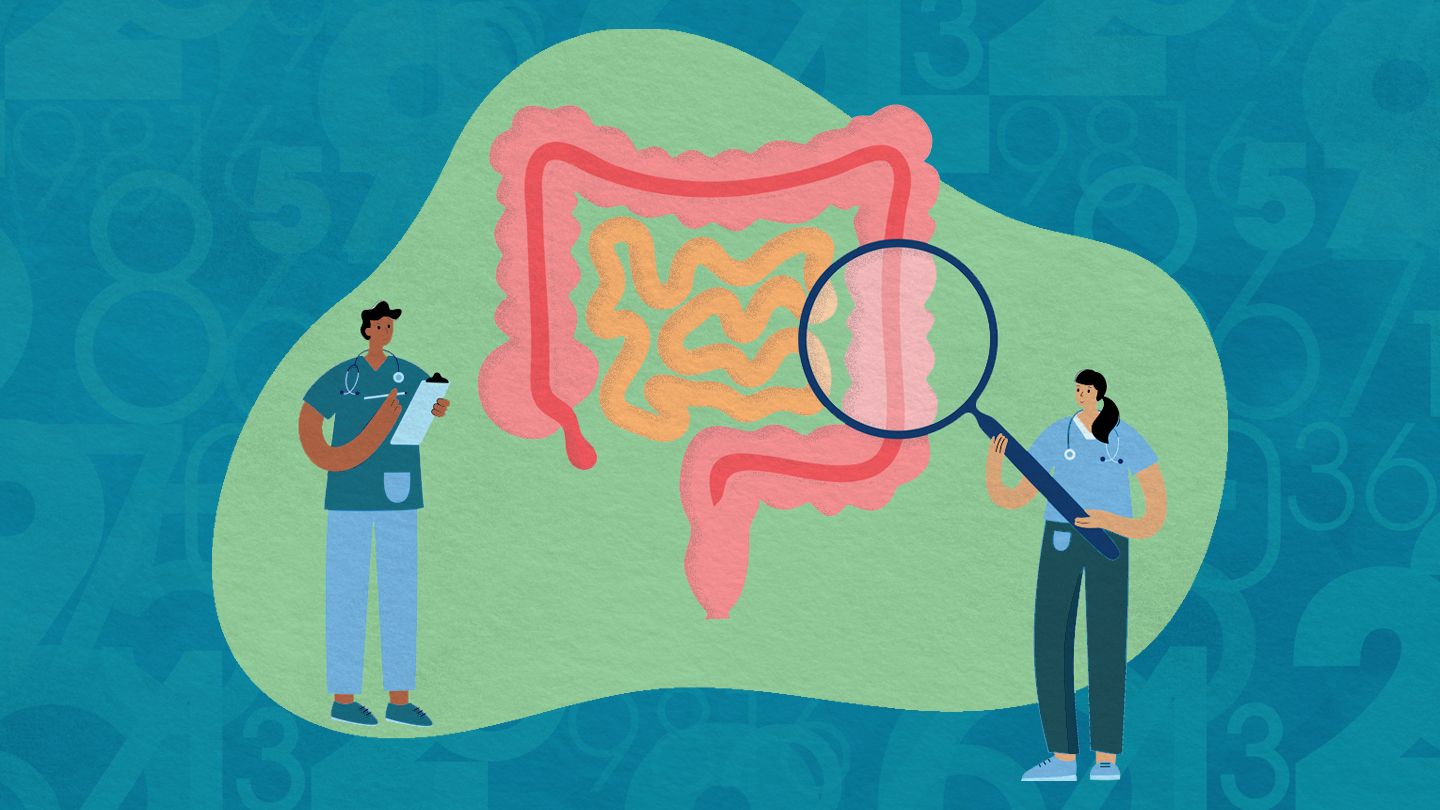
In reality, cancer is a collection of several diseases. Many distinct forms of cancer exist, including breast cancer, prostate cancer, and lung cancer. When aberrant cells multiply unchecked and can spread to other tissues, cancer develops. As a state, Florida has the second-highest cancer incidence per 100,000 people in the United States. Cancer has been Florida’s second-leading cause of death since 2014. Cancer fatalities totalled 132,614 in the three years from 2016 to 2018. The Florida Cancer Data System, the state’s cancer registry, reports an average of 115,000 new cancer cases each year. Just over 50 percent of all diagnoses in Florida in 2017 were caused by the top five most common malignancies (50.3 percent). Colorectal cancer is the most common disease among men, afflicting 9,908 people in Florida alone. Take into account the following questions to choose which Colon Cancer Testing in Miami, FL, is right for you even if no symptoms of constipation are present.
Are there any prerequisites?
Preparation for a colorectal cancer screening can be a hassle, but it is important if the test is effective. Examine how well prepared you are to undergo specific colon cancer screening exams before making your final selection. The day before the exam, avoiding regular meals may be one option, others include changing medications and using a laxative treatment or enemas to clear your colon.
How simple is the exam?
Along with preparation for the test, consider:
- The duration of the test
- How many times do you need to retake the test?
- Is sedation required?
- Follow up care
- False-positive results may necessitate additional testing, such as removing tissue.
Information on colorectal cancer screening.
Regular screenings for polyps that could develop into malignant tumors can help prevent colorectal cancer. In light of your age and any history of cancer in your family, discuss the best time to begin screening with your doctor. People with an average risk level should start screening at 45.
When it comes to screening for colorectal cancer, it’s crucial to talk to your doctor about the benefits and drawbacks of each screening and how often each screening should be administered. People who have the following risks for colon cancer should begin Colon Cancer Testing in Miami, FL, earlier and more frequently under the guidelines below.
- Adenomatous polyps or colon cancer in the family history
- First-degree relatives younger than 60 or two immediate relatives of any age with a history of colon cancer or polyps. A parent, a sibling, or a kid is considered a first-degree relative.
- A personal experience with long-term inflammatory bowel disease
- FAP, Lynch syndrome, or other hereditary colorectal cancer syndromes in the family
Below are descriptions of the tests used to look for signs of colorectal cancer.
Colonoscopy.
Doctors can examine the whole colon and rectum while anesthetized during a colonoscopy. The rectum and entire colon are examined with a flexible, illuminated tube with a colonoscope. In this operation, doctors can remove tissues and polyps to be examined. Colorectal cancer can be prevented by extracting the polyps.
Sigmoidoscopy.
Cancer, polyps, and other anomalies can be found in the lower colon and rectum through a sigmoidoscopy that uses a flexible, illuminated tube. It is possible to remove tissue and polyps for inspection during this process. This test does not allow the clinician to examine the transverse and ascending portions of the colon. A colonoscopy is indicated when screening for polyps, which can also avert colon cancer, can be done using this screening test, however, if cancer or polyps are discovered.
Stool tests
The DNA from a stool sample is analyzed to look for malignancies in this test. Polyps and malignancies have DNA alterations that indicate whether a colonoscopy should be performed.
A potentially life-saving decision, picking a colon cancer screening exam, may not be an easy one. Colon cancer screening alternatives can be discussed with your doctor—schedule regular screenings depending on your risk factors. Remember, the earlier it is tested, the earlier it is discovered and treated.


